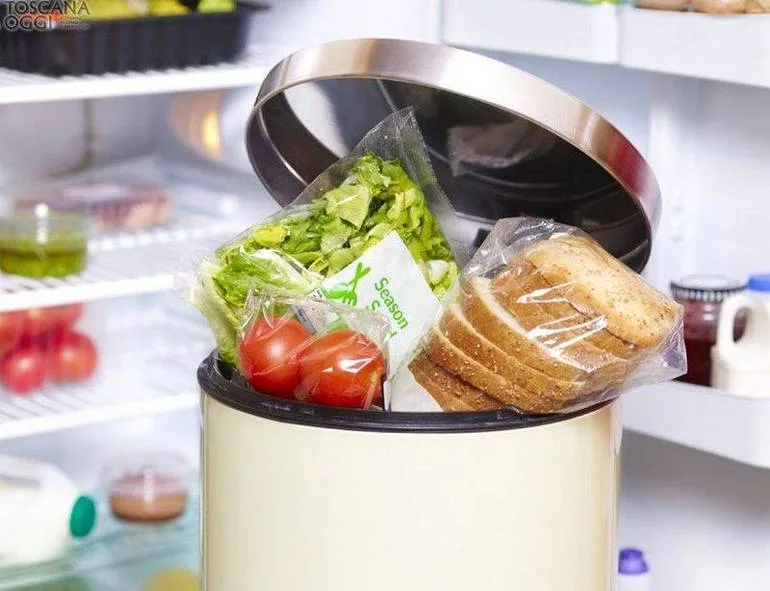Brussels – The European Parliament raises the bar on food waste reduction thresholds proposed by the European Commission. The Strasbourg chamber calls for more ambitious binding targets for member countries to achieve by 2030: at least a 20 per cent reduction in food processing and production and a 40 per cent reduction in retail, restaurants, food services and households.
With 514 votes for, 20 against, and 91 abstentions, the European Parliament has adopted its position on the proposed revision of the directive to better prevent and reduce food and textile waste throughout the EU. An increasingly urgent revision to the light of the 60 million tons of food waste that is produced in member countries each year and that go hand in hand with an economic loss of €132 billion each year.
In the proposal submitted on July 5 2023, the EU executive had set the reduction constraints at 10 per cent for processing and production and 30 per cent for retail and households. In addition to raising the targets for 2030, MEPs looked further and asked the Commission to consider whether higher targets should be introduced for 2035 (at least 30 and 50 per cent, respectively). Farmers were excluded, at least initially: the parliament did, however, include in the text a request for an assessment, by December 31, 2025, of “appropriate levels for the setting of targets for the reduction of all primary production food waste, including mature food not harvested or used on farms.”
And then, as pointed out by the rapporteur Anna Zalewska, the parliament has come up with several “targeted solutions to reduce food waste, such as promoting “ugly” fruits and vegetables, monitoring unfair market practices, making date labelling clearer, and donating unsold but consumable food.
Tightening up on textile waste producers
Along with the 131 kilograms of food waste each European citizen produces yearly, there are also 12 kilograms per capita of textile waste.
In total, 12.6 million tons of textile waste is thrown away in the 27 member countries. Waste that, globally, is recycled by less than 1 per cent.
The parliament suggests establishing extended producer responsibility (EPR) schemes to make economic operators who place textile products on the market responsible for the entire life cycle of textile products. In other words, to make them cover the costs for their separate collection, sorting and recycling. Member states should set up these schemes 18 months after the directive comes into force, as opposed to the 30 months proposed by the Commission. In parallel, by January 1, 2025, they should ensure a separate collection of textile waste (clothing and accessories, blankets, bedding, curtains, hats, footwear, mattresses and carpets) for reuse and recycling.
Now that the parliament has adopted its negotiating position, the dossier and negotiations with member states will pass into the hands of the new Parliament, which will take office after the June 6-9 European elections.





